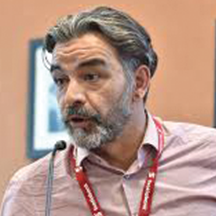A stability mechanism for the Gulf countries
Bahrain, Kuwait, Oman, Qatar, Saudi Arabia and the United Arab Emirates face the dual shock of the pandemic and the oil price collapse. Drawing lessons from the European Union’s response to its sovereign debt crisis, this column proposes a stability mechanism for the countries of the Gulf Cooperation Council aimed at institutionalising solidarity and fiscal discipline among them. The mechanism would issue some special obligations and lend the proceeds at low rates to its members, requiring them to undertake economic reforms in return.


